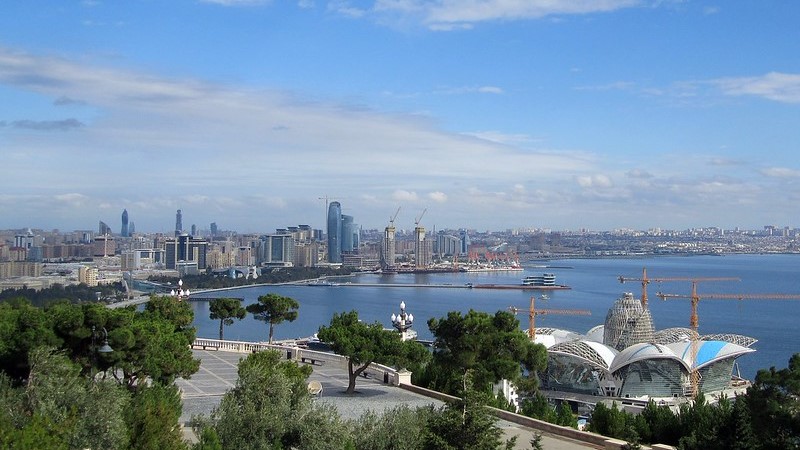The Middle Corridor Calls for Turkish-European Cooperation
By Barçın Yinanç
January 17, 2022
While it was fear of Russia that prevented the Central Asian countries from showing an interest in the Middle Corridor, it is ironically the same Russian factor that has today led to the reinvigoration of this alternative to the Northern Corridor. However, crucially, the future of the Middle Corridor depends on European interest and particularly on the European Union revising its attitude toward Turkey that has been spearheading the project for more than a decade and that is indispensable to its realization. European decision makers must recognize that they need to join hands with Turkey to make the Middle Corridor come to fruition.

The "Dostuk" Deal: Boosting Pan-Turkic Energy Cooperation
By Natalia Konarzewska
June 1, 2021
Turkey, Turkmenistan and Azerbaijan envision closer, trilateral economic cooperation. The recent, landmark agreement between Azerbaijan and Turkmenistan on the development of the Kepez/Serdar offshore field, renamed ''Dostluk'' or ''Dostlug” (“Friendship”), which ends a decades-long conflict between the two countries, promises to boost pan-Turkic energy cooperation. Also, Turkey’s new connectivity with Azerbaijan and the Caspian Basin after the Nagorno-Karabakh ceasefire agreement has the potential to reinvigorate Ankara's economic relations with the Turkic nations of Central Asia. Even though the current feasibility of new energy infrastructure projects is uncertain, the importance of the deepening relationship of Turkey, Azerbaijan and Turkmenistan is above all geopolitical, and its implications are not lost on Russia and Iran, which have already been alarmed. Ankara's pan-Turkic successes in the Caspian Basin and in Central Asia presage an intensified geopolitical competition in these regions.

Turkey’s Alternative Gas Suppliers: Who to bet on?
By Ipek Velioglu
January 15th, 2016, The Turkey Analyst
Turkey’s decision to shoot down a Russian jet in the Syrian border led to a crisis between the two countries. Although Russia and Turkey always had divergent political agendas, they maintained a good relationship. In the last decade, thanks to the personal relationship of the leaders, Russia and Turkey created a strong economic partnership, especially in the energy field, and kept it separately from the political sphere. But this time is different: the deterioration in political relations will have a strong impact on energy cooperation. Russia slammed economic sanctions on Turkey and big investment projects are at risk. Given its dependency on Russian natural gas, Turkey is concerned about its energy security, making the quest for alternative suppliers and sources highly relevant.




